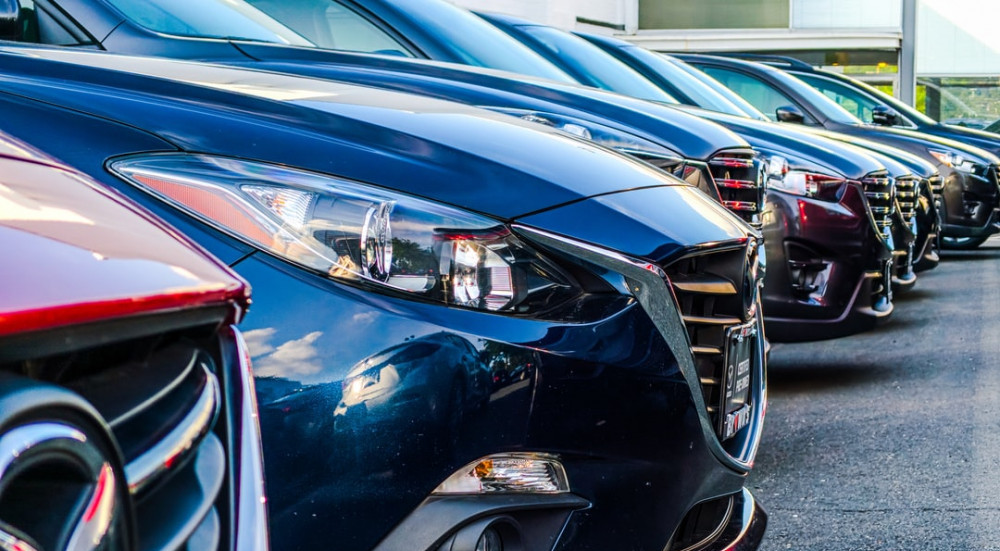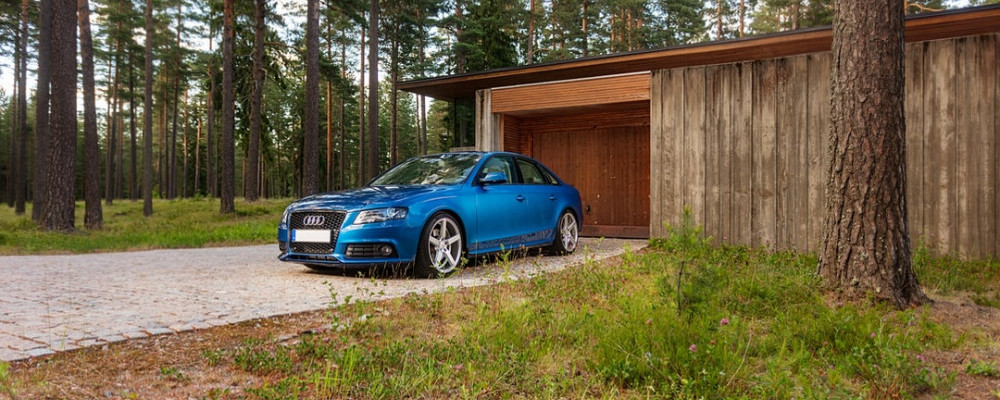Should I Buy A Used Or A New Vehicle?

From purely a value standpoint, a used car is the way to go. “You’re going to take a deprecation hit on a new car,” says Langley Steinert, founder of GarGurus.com. “If money is your primary focus, then it doesn’t make a lot of sense to buy new.” A new car generally takes a 20% hit in depreciation the minute it leaves the lot. This means that even a one-year-old used car will be 20-30% cheaper. With a used car, you’ll also pay lower insurance costs. Certified pre-owned cars can be a good middle ground between buying brand new and any old used vehicle. If you want to buy CPO, be sure to check that it is factory or manufacturer certified, and not dealer certified. Some dealers offer their own types of CPO programs, which tend to offer lower warranty coverage with greater restrictions, warns Brauer.
Advantages of buying a used vehicle
Cheaper – You’re looking at 15-20% cheaper on average when it comes to depreciation when compared to a new vehicle. With a used vehicle, you’ll pay lower insurance rates. The resale value of a certified pre-owned car will generally be about 20% lower than its used value. A certified pre-owned vehicle will come with factory warranty protection, which means that if you have any issues with your vehicle, you’ll be covered by the manufacturer.
Disadvantages of buying a used vehicle
Used cars come with a few disadvantages that new ones don’t, but they’re often overcome by convenience and the proven reliability of the pre-owned car. The price advantage isn’t always as great as it seems. Because of depreciation, today’s used cars are typically just as expensive as they were 10 or 15 years ago, as our friends at Kiplinger.com report. Buying a used car is also difficult. There’s always a selection of cars to choose from. You have to try them out in the dealership before you buy, and you often have to meet the dealer to talk about it.
How to Find the best-used vehicle deals
If you’re looking for a bargain, you’ll need to pay attention to value and current availability. Read reviews, ask around and compare pricing. Use online tools to see if there are any discounts available. “If you don’t have an online presence, then you need to get one,” says Steinert. “All car shoppers need an online presence.” Some dealerships may offer pre-owned vehicles that have been professionally checked out, which could save you up to 15%. Use a certified vehicle inspector. Many reputable vehicles come with a factory or dealer inspection certificate, which can provide vital information on mechanical and structural defects that may otherwise be covered up by wear and tear.
This post contains affiliate links. Please please read my Disclaimer for more information

What to consider when buying a used vehicle
You need to look for a good deal, but you should also factor in the following: Bounce-back depreciation. Before buying a vehicle, factor in the cost of depreciation over the first three to five years. A good rule of thumb is that a 4-year-old used vehicle should retain 80-90% of its value. If you lease or finance a car, you may have to pay extra to buy the vehicle out at the end of the contract. If you don’t, you could end up overpaying for the car.
Advantages of buying a new vehicle
More recent cars have more features, so you’ll find they’re often faster. “If I don’t need all the bells and whistles that come with a new vehicle, I can get a better deal,” says Steinert. And there’s a good chance the vehicle will have come from a dealership that’s been open for a few years, which will allow you to negotiate the price of the car. Some newer cars offer better fuel economy, which means you’ll pay less at the pump. A newer car will also have more appealing technology that will fit your lifestyle better. So there may be more safety features, for example, or you’ll find some of the techs in a new car can be easier to use than the tech in an older one. A newer car will often also have better technology for parking and driving at night.
Disadvantages of buying a new vehicle
New cars also carry higher price tags and lots of extra requirements like expensive warranties. You can get “certified” to drive a new car, but with the lack of third-party verification, your salesman could be liable for what’s stated in the warranty. New vehicles can also be more of a burden for some drivers who may only need to move around during the summer. For those drivers, it might make more sense to lease a used vehicle.
How to Find the best new vehicle deals
To get the best new vehicle deals, you’ll have to be ready to shop early, often, and patiently. Just a few days can make a difference. “The best time to buy a new car is right after Labor Day or just before Memorial Day,” says Steinert. “A lot of dealers are trying to unload their inventory in preparation for the end of the summer and the fall.”
What to consider when buying a new vehicle
Buying a new vehicle can be intimidating. After all, many people equate cars with need. But if you buy the right one, you can afford one to enjoy for years to come. Here are a few tips to help get you started: Be flexible about payment length: There are many people who need to hold out until they save up enough to buy a new car. “You do have to put money away before you buy,” says Steinert. “But the car is the second-largest expense in most people’s lives, so you have to save up the money.
Should I buy a used or a new vehicle?
The best thing about a used vehicle is the warranty. These vehicles generally come with extended warranties and hefty discounts on gas and maintenance. You also get to see the problem areas before buying. Once you do, you can negotiate with the seller to exchange for a newer model. However, there are downsides too. A new vehicle may have been crashed tested, then updated with better crash avoidance technology. You’re buying brand new and sometimes third-party tests come to different conclusions. That’s another reason to avoid used cars. As for safety, the new standards ensure improved pedestrian safety and crash protection. With used vehicles, this isn’t guaranteed. “If safety matters a lot to you, look for new,” says Steinert.

Conclusion
Buying used can save you hundreds of dollars. The only question that remains is: “What’s your budget?” We hope this has helped you choose a new or used vehicle based on your financial goals and needs.
“If you have any feedback about should I buy a used or a new vehicle that you have tried out or any questions about the ones that I have recommended, please leave your comments below!”
NB: The purpose of this website is to provide a general understanding of personal finance, basic financial concepts, and information. It’s not intended to advise on tax, insurance, investment, or any product and service. Since each of us has our own unique situation, you should have all the appropriate information to understand and make the right decision to fit with your needs and your financial goals. I hope that you will succeed in building your financial future.
Grace
Hi Patrick
Thanks for your detailed post regarding the pros and cons of buying new cars vs used cars! Before this post, I did not know much about deprecation, plus the warranty stuff. Good to put all the factors into consideration before making the decision because as it was mentioned in your post, “the car is the second-largest expense in most people’s lives”!
Thanks again,
Grace